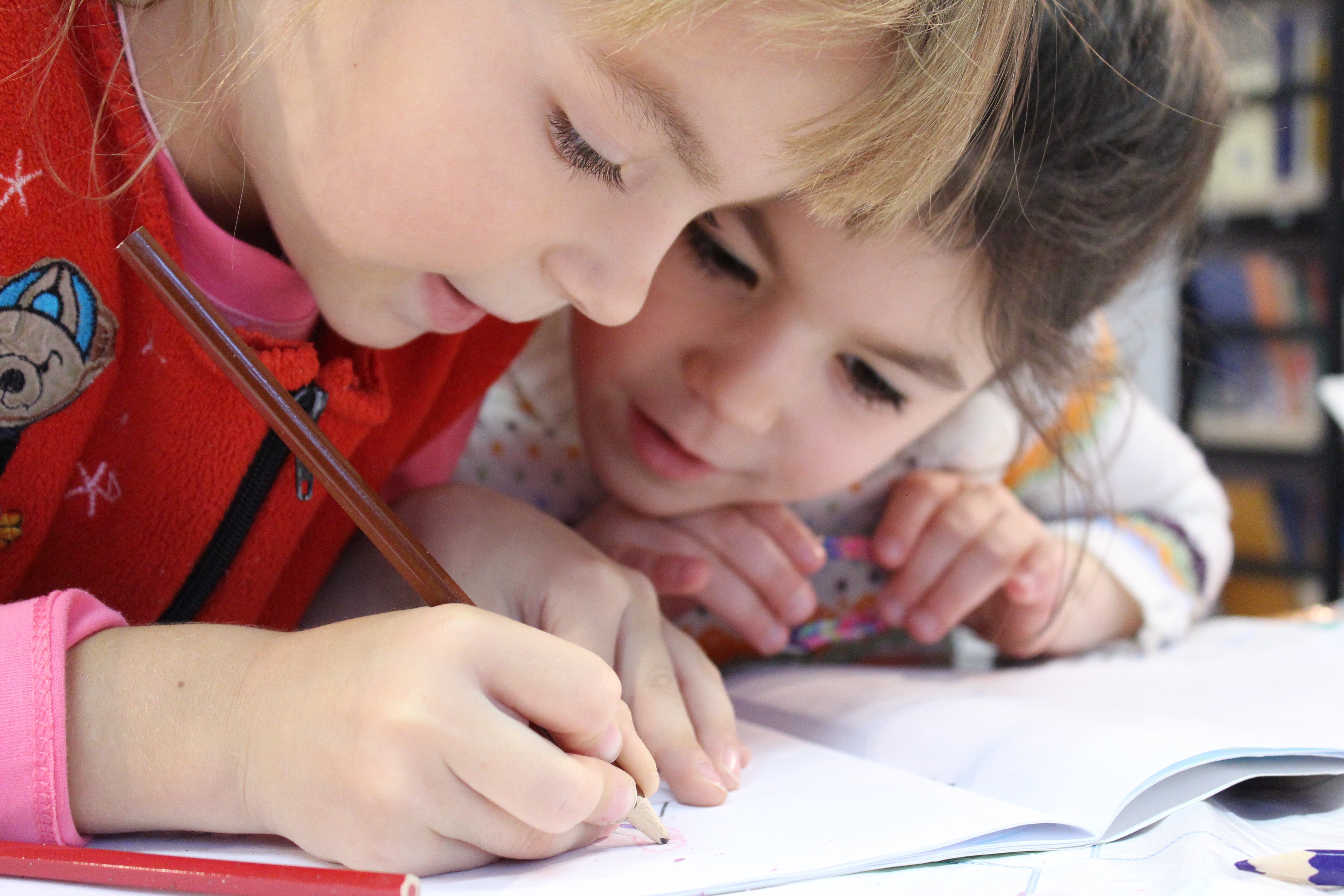This Sunday marks the International Day of Education, which unlike ever before, is taking place during a global pandemic. With the majority of UK children currently being home-schooled, it seems more prescient than ever to celebrate the day and all it stands for.
We know that education is key to sustainable development - as defined by the Bruntland Commission Report as “development that meets the needs of the present without compromising the ability of future generations to meet their own needs.” Furthermore, it is crucial to providing children the opportunity to escape poverty and complex social issues. The closure of schools in 2020/21 is bound to have long-term effects on children. Many are already thought to be up to six months behind where they should be in their educational development. The gap in attainment between private and state schools continues to widen, as does the gap between disadvantaged children and their more affluent peers generally.
So what does this look like in real terms: In some deprived households, there will be multiple children trying to share one electronic device; in others there will be no devices available and, undoubtedly, no, or limited, internet access. But inequality in technology provision is just the tip of the iceberg. Single parent families, for example, are more likely to have limited time, support and finances. Additionally, there will be some families that are caring, and homeschooling, children with disabilities full-time. There are many families who are suffering and all deserve support.
Before we look at what is happening at a national level, we first need to get our own house in order and tackle the problems on our doorstep. Considering its affluent veneer, few are aware that Bath and North East Somerset currently sits second from last in the UK in the Education Attainment Gap listings. Many children and young people living in areas of our county are among the most deprived in the UK, perform significantly worse at all levels of the education system than those from our better off communities.
Determined to make a difference and to shake up the status quo, in February 2020 St John’s launched its Foundation Fund with the vision to build a community where every child from birth to 12 years old is supported to grow into a healthy, happy and educated member of our community.
Little could we have known about what was about to be unleashed on the world.
The Fund is structured around four key areas of focus; nutritious food daily; safe spaces to go outside of school; support for behavioural and emotional needs; extra educational support.
The extra educational support will be implemented in part via our Primary Empowerment Programme, which aims to drastically reduce the Key Stage 2 gap within the next nine years using our targeted funding. This gap in educational performance between disadvantaged pupils compared to their better-off peers, is the single most striking measure of inequality, placing BaNES in the bottom decile in the UK. This funding will provide financial support for foundational reading, writing, oracy and mathematics as well as speech and language to seven schools with a disproportionate number of disadvantaged pupils.
In December, we awarded our schools £7,000 each to be used for digital equipment to support learning. The schools we are initially working with are St Mary's Church of England Primary School; Castle Primary School; Twerton Infant School; St Martin’s Garden Primary School; Roundhill Primary; St Michaels Junior Church School and St Kenya Primary School. How crucial the timing and importance of this funding was, was lost on no-one, given the knock-on effects of the pandemic and the sea-change nationally to remote, device-led learning.
In the next few months we will be looking to engage with partners that can support our Primary Empowerment Programme. These organisations will be awarded funding they can use to deliver support to the chosen schools in the new academic year. This provision will cover emotional and behavioural support, as well as additional support with numeracy, literacy, speech and language.
Although we still have a long way to go, we are working closely with the schools to better understand their needs, the current education challenges and how our support can best be provided. Partnership working has proved the most effective way to support those in-need and ensure resources are reaching the places where they will have the biggest impact for children.

